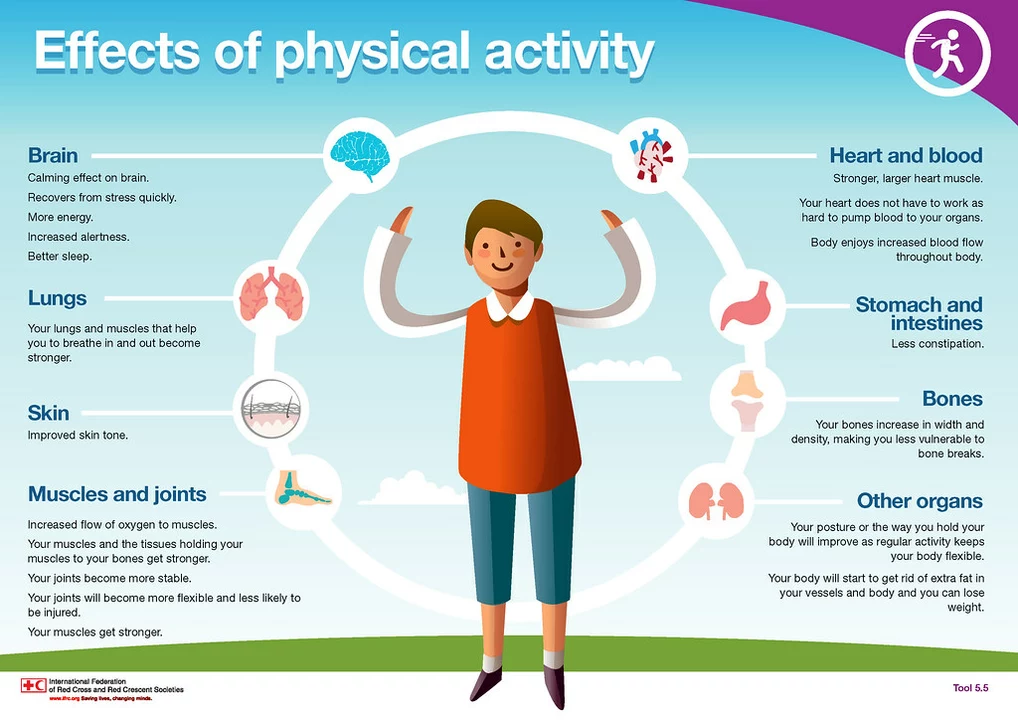Exercise and Medication: How to Stay Active Safely
Worried your pills will mess with your workout? You can still be active — but smart planning matters. This page collects practical tips for people on blood pressure drugs, antidepressants, supplements, and other common meds.
First, know which medicines affect heart rate, blood pressure, hydration, balance, or energy. ACE inhibitors, diuretics, beta blockers and some antidepressants can change how you feel during exercise. If a new medicine makes you dizzy or unusually tired, reduce intensity and wait a few days to see how your body adapts.
Measure and adjust. Take blood pressure and pulse before and after workouts for a week when you start or change a drug. If your resting pulse is much higher or lower than normal, or if blood pressure drops after standing, slow down and call your healthcare team.
Simple safety rules
Warm up for 8–10 minutes and cool down slowly. Drink water before, during, and after exercise — diuretics and some supplements increase fluid loss. Wear a heart-rate monitor if you take drugs that blunt heart-rate response (for example, beta blockers). Never push through chest pain, fainting, severe lightheadedness, or unexplained shortness of breath.
Older adults need extra checks. Diuretics and certain antidepressants raise the risk of low sodium (hyponatremia). Signs include confusion, headache, and nausea. If you feel off after a workout, get a quick sodium test or ask your doctor about medication adjustments.
Medication-specific tips
If you use inhalers for asthma or COPD, take your bronchodilator 10–15 minutes before exercise. For people on blood pressure combos like lisinopril‑HCTZ, avoid sudden intense bouts of exercise in hot weather and replace electrolytes during long sessions. Stimulant supplements and some weight-loss aids can raise heart rate — skip high-intensity intervals until you know their effect.
Antibiotics such as azithromycin may affect heart rhythm in rare cases. If you start a new antibiotic and notice palpitations, dizziness, or fainting, stop exercise and seek medical advice. The same goes for medications that cause low blood sugar. Carry fast-acting carbs if you take insulin or sulfonylureas.
Plan around timing. Try exercising when your medication effect is predictable. If a drug makes you sleepy, avoid workouts during its peak effect. If it raises energy, use that window for harder sessions. Keep a log for two weeks to spot patterns.
Talk to a pharmacist or doctor before changing your routine. Ask how a new drug might change your heart rate, blood pressure, balance, or hydration. Carry an updated list of meds and wear medical ID if you have conditions that could cause sudden problems during exercise.
Small changes make exercise safer and more enjoyable. With a few checks and simple habits, most people can keep moving while taking prescription meds.
Emergency signs to stop immediately: chest pain, severe shortness of breath, fainting, sudden weakness or numbness, or severe dizziness. If any occur, call emergency services and bring a medication list. Small steps and attention keep you active and safe long term. Review meds every six months regularly.
9
Exercise and Constipation: How Physical Activity Can Improve Your Gut Health
As a blogger who values gut health, I've discovered that exercise plays a significant role in preventing constipation and improving overall digestion. Regular physical activity helps stimulate our intestinal muscles, making it easier for waste to pass through our system. Not only does this reduce the risk of constipation, but it can also alleviate symptoms for those who already suffer from it. Incorporating a variety of exercises, such as walking, jogging, or yoga, can greatly benefit our gut health. So, let's make a conscious effort to stay active and keep our digestive systems running smoothly!
Latest Posts
Popular Posts
-
 Enteral Feeding Tube Medication Safety: Compatibility and Flushing Protocols Explained
Enteral Feeding Tube Medication Safety: Compatibility and Flushing Protocols Explained
-
 Magnesium Supplements and Osteoporosis Medications: What You Need to Know About Timing
Magnesium Supplements and Osteoporosis Medications: What You Need to Know About Timing
-
 Meniere’s Diet: How Sodium Restriction and Fluid Balance Reduce Vertigo and Hearing Loss
Meniere’s Diet: How Sodium Restriction and Fluid Balance Reduce Vertigo and Hearing Loss
-
 OTC Heartburn Medications: Antacids, H2 Blockers & PPIs Explained
OTC Heartburn Medications: Antacids, H2 Blockers & PPIs Explained
-
 Stinging Insect Allergy: What Venom Immunotherapy Really Does for You
Stinging Insect Allergy: What Venom Immunotherapy Really Does for You



